USDA Cooperative Agreement
Procurement Practices In School Meals: Making Real Change Work For Healthier Meals
Project Overview
USDA Cooperative Agreement Resources
Featured Resource
Feeding the Nation’s Children: Challenges and Opportunities Related to School Food Procurement Regulations
In collaboration with the Urban School Food Alliance, the Government Performance Lab (GPL) at the Harvard Kennedy School sought to map the current state of school food procurement rules and regulations at both the federal and state level. The GPL aimed to assess the overall impact of these regulations on (1) School Food Authorities (SFAs), especially as they navigate complex layers of regulations and (2) vendors, including producers, distributors, and processors, who may face barriers in participating in procurements.
The GPL’s research focused on a scan of state websites from a sample of 21 randomly chosen states across each of the seven USDA Food and Nutrition Services (FNS) regions. Because state websites are likely a core source of information for SFAs, the GPL’s research approach is representative of what SFAs, or other practitioners, might find when aiming to understand regulations.
Report prepared for the Urban School Food Alliance
February 2025
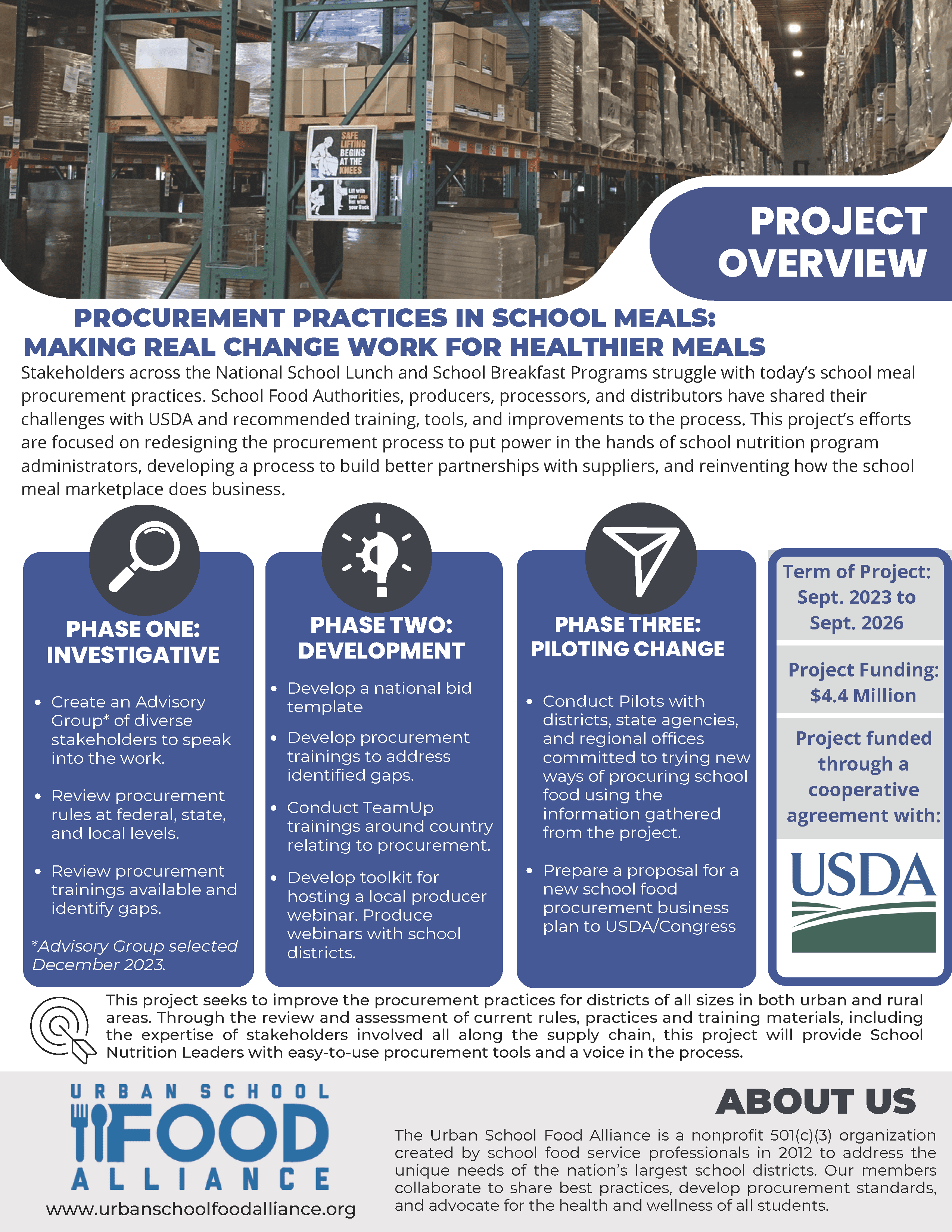
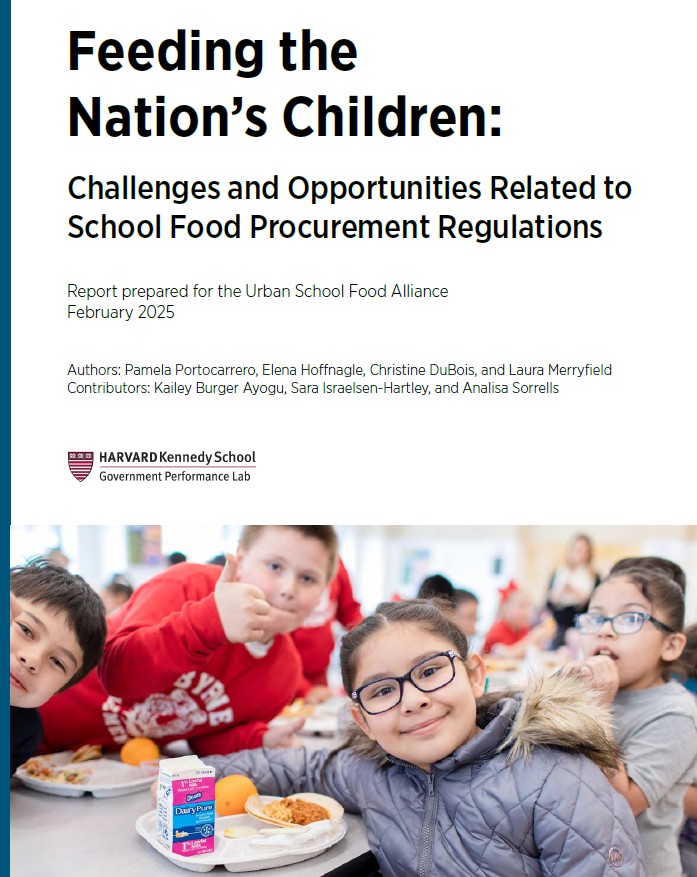
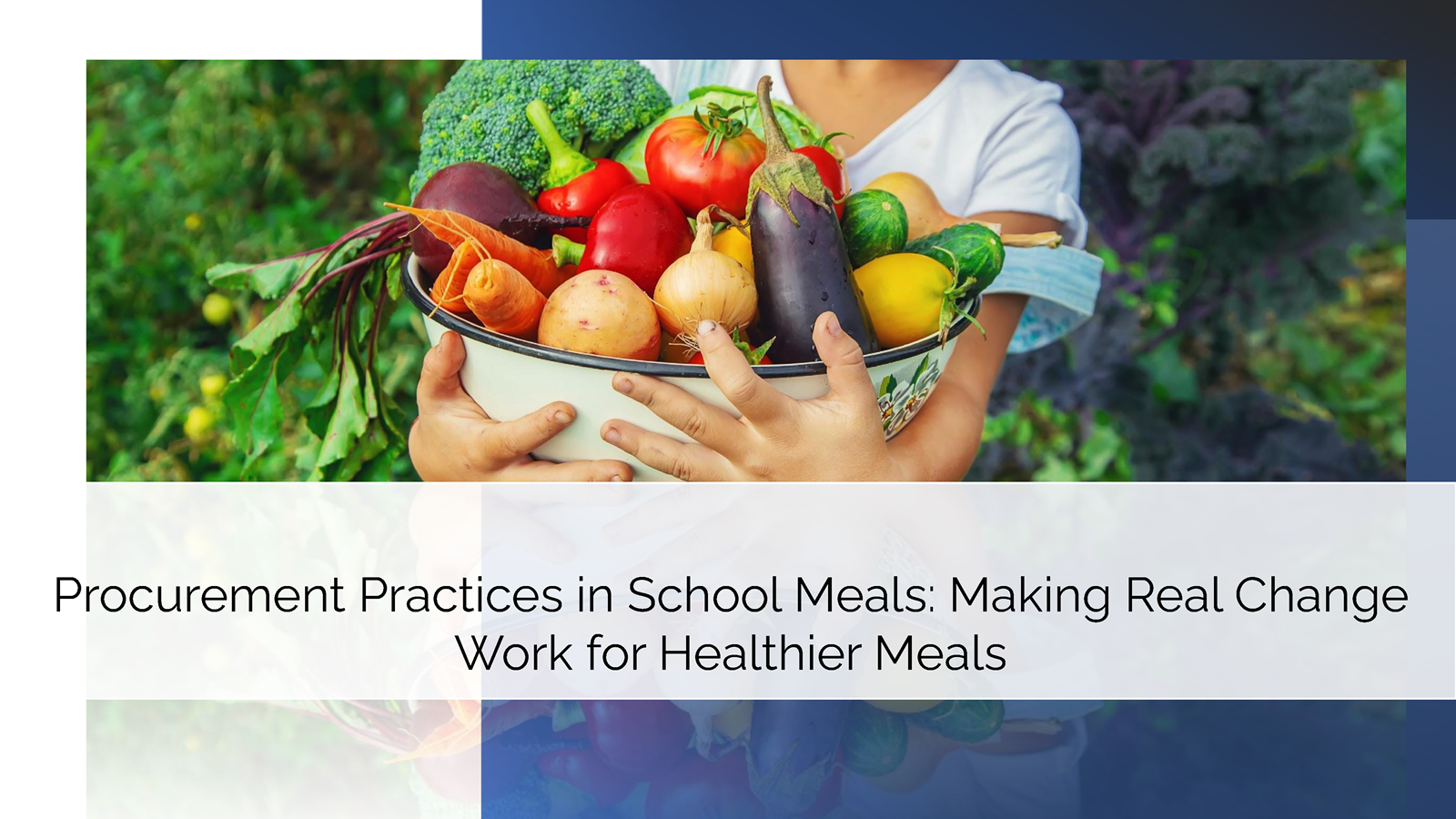
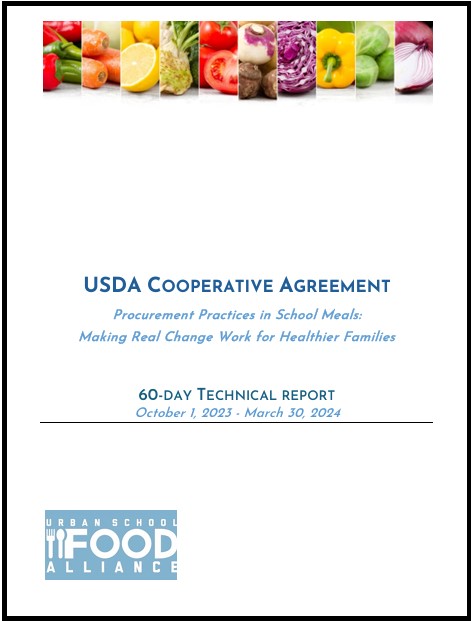
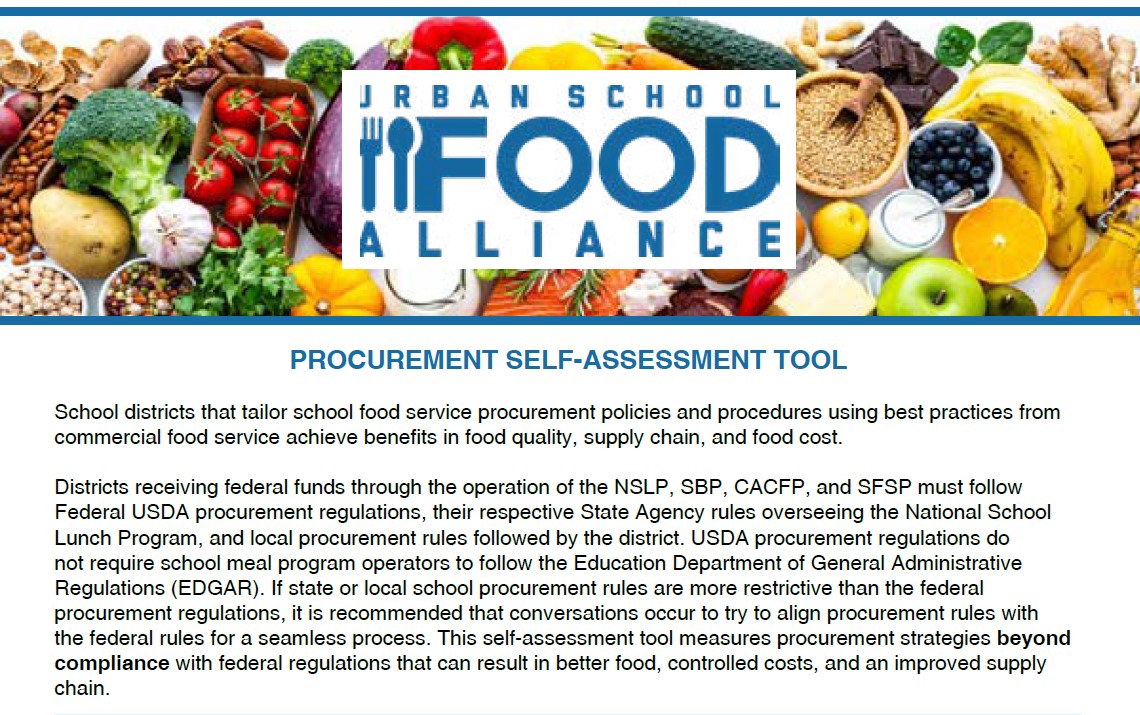
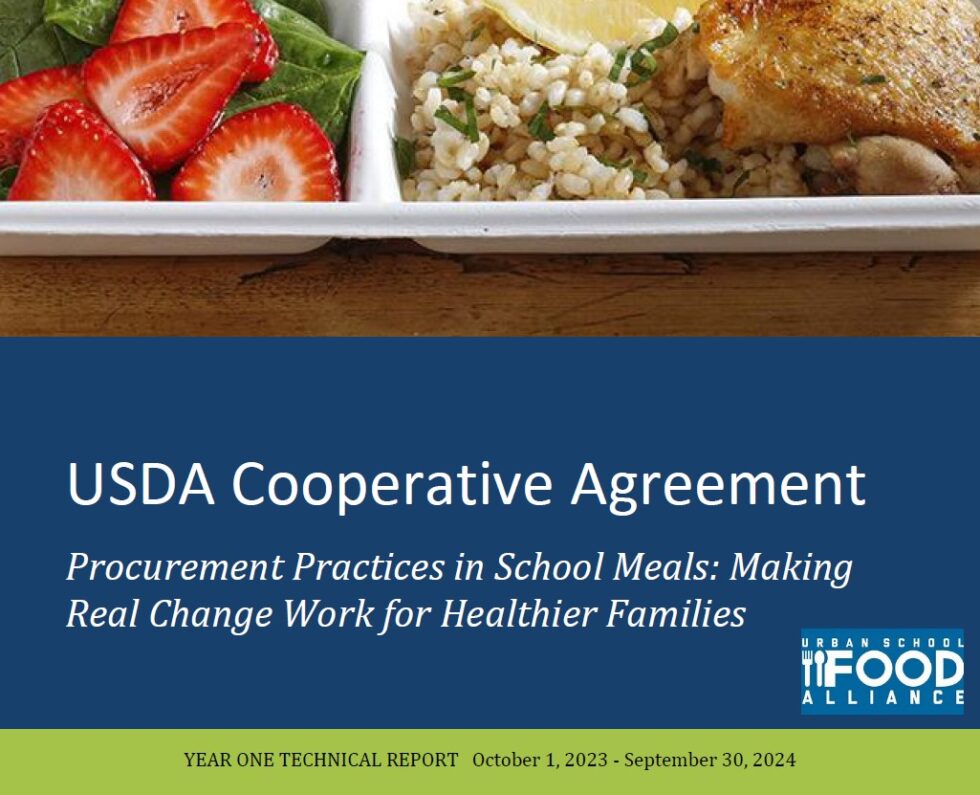
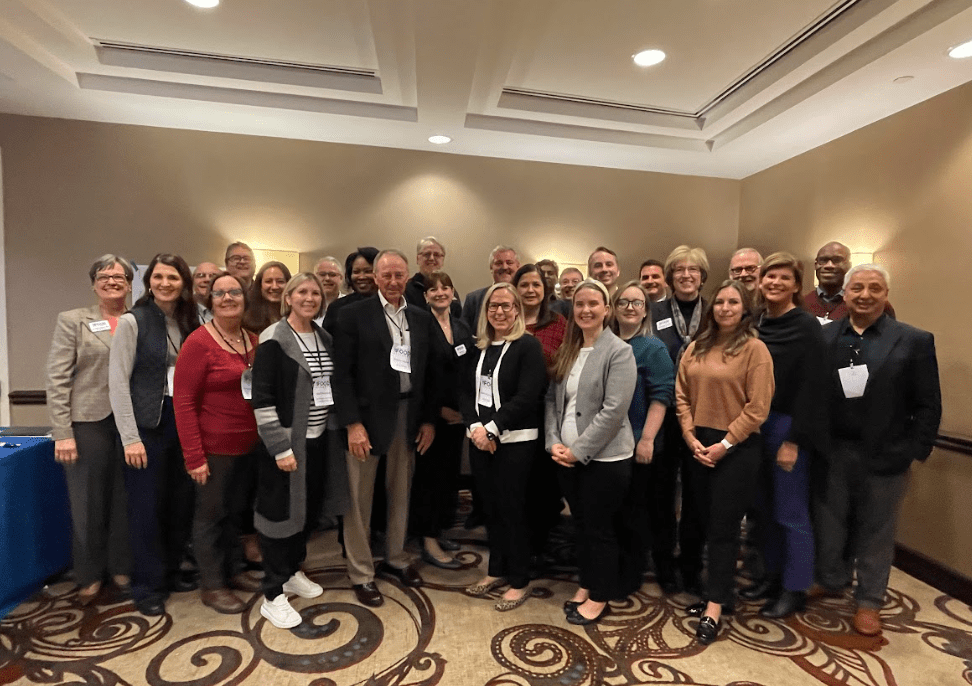
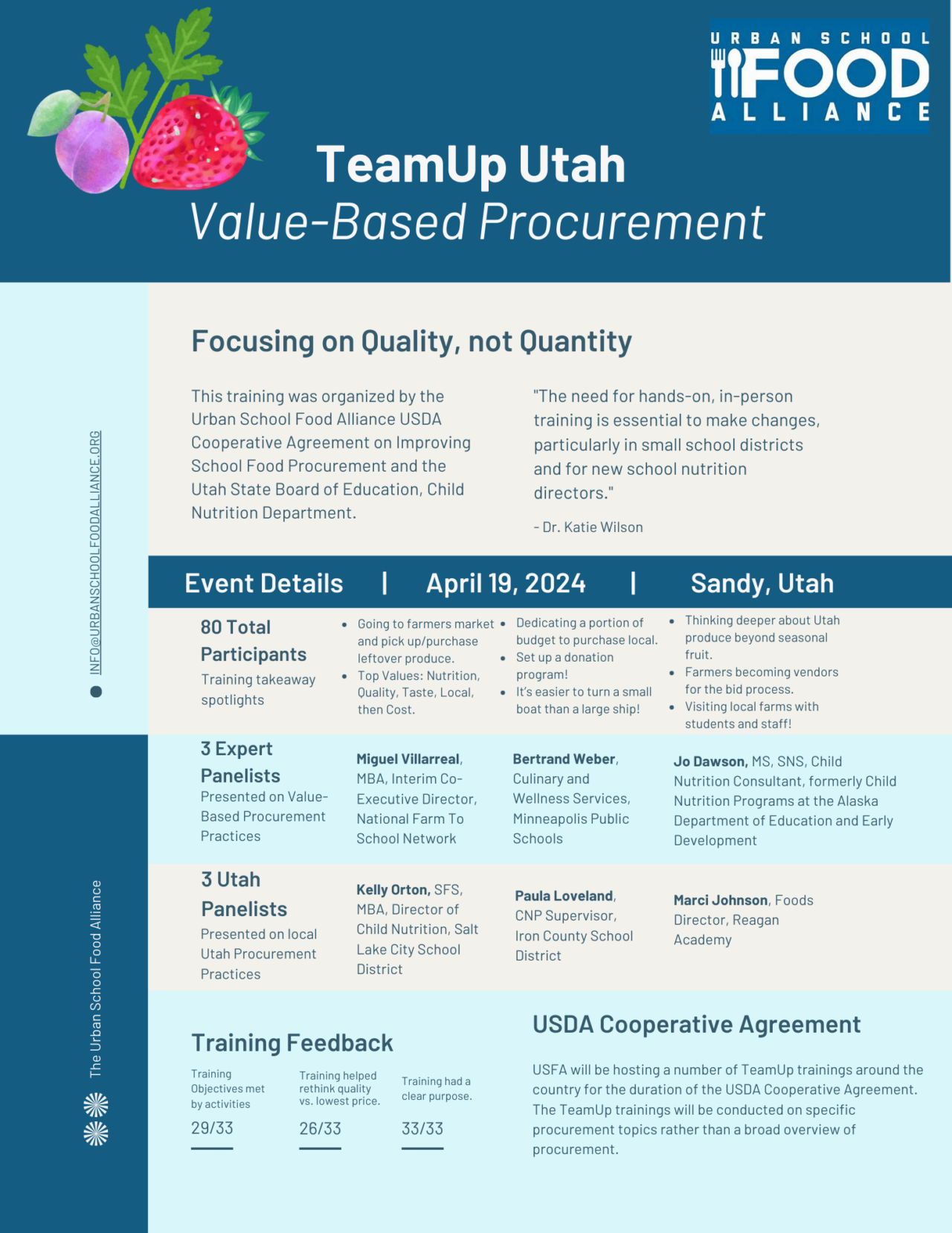
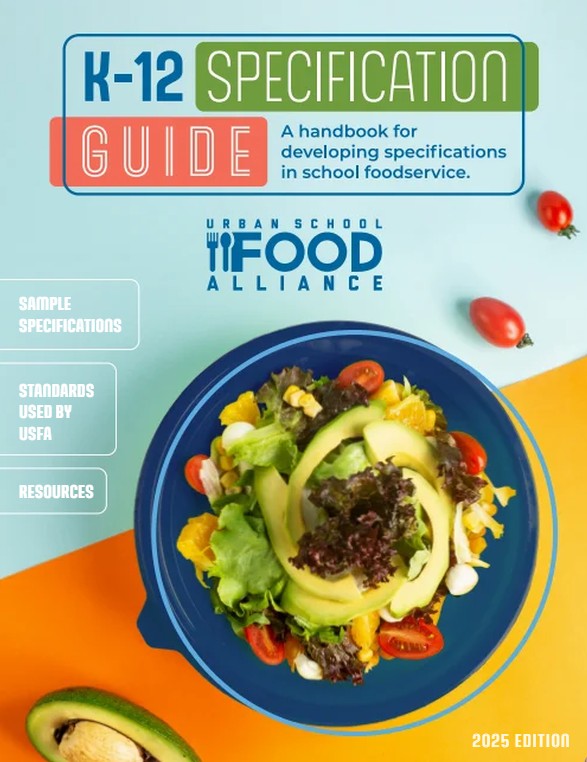
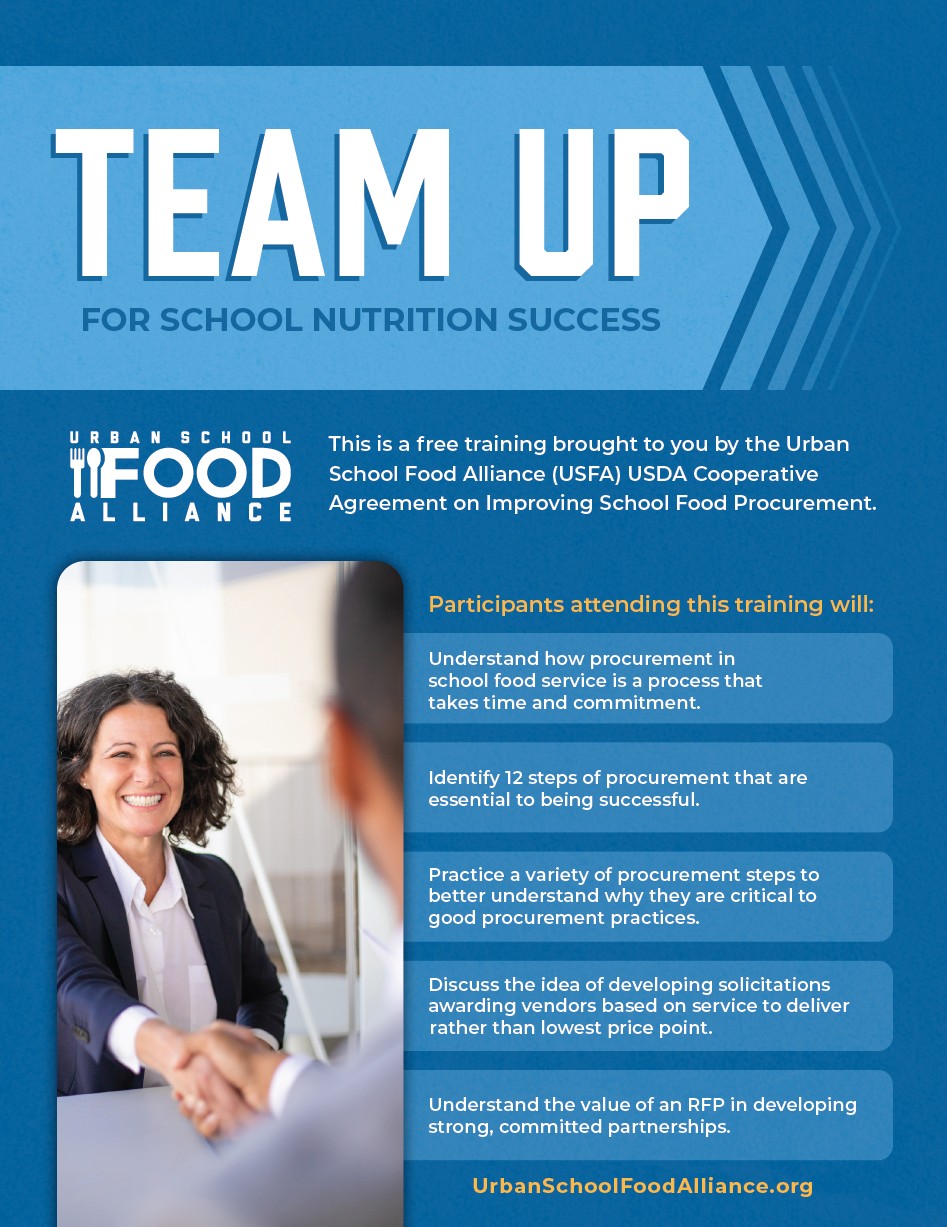
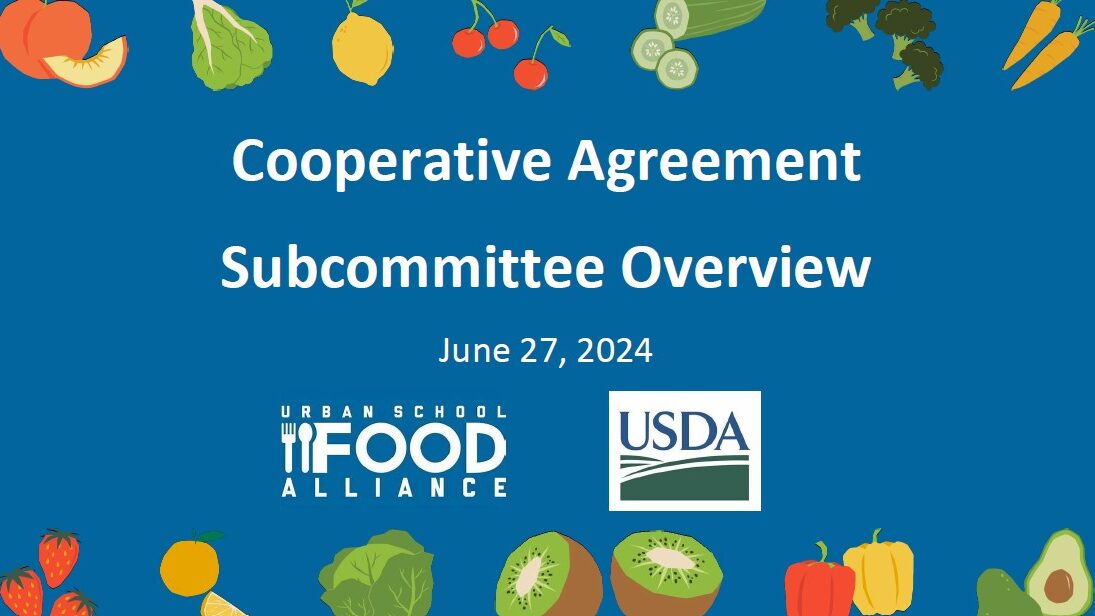
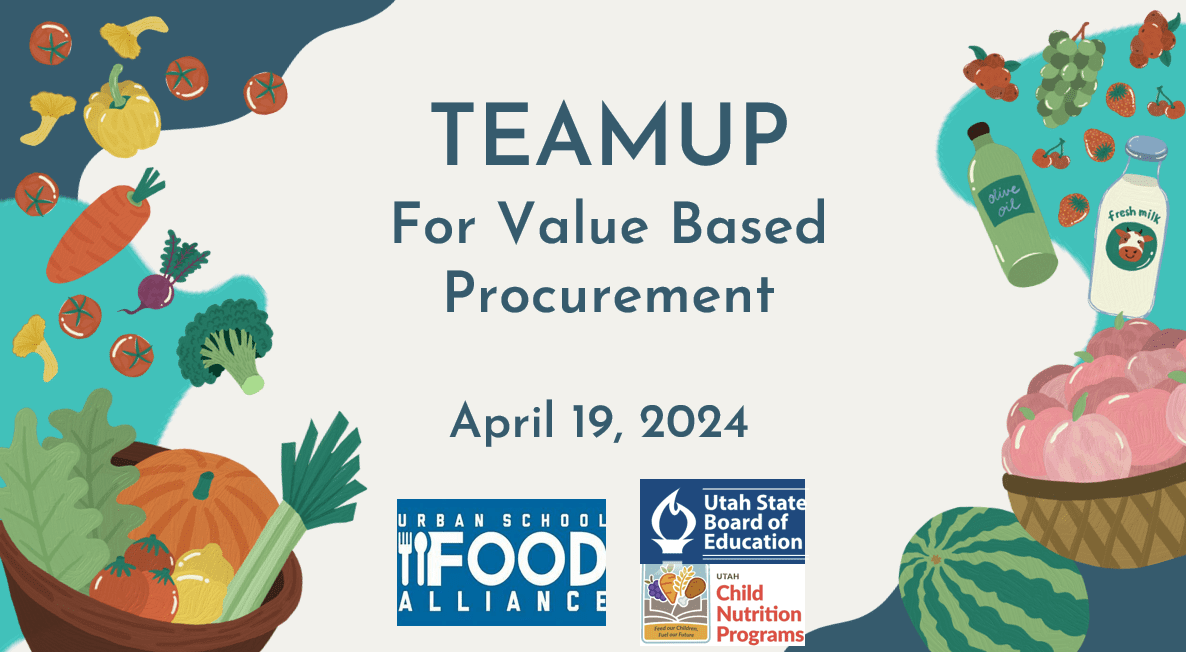


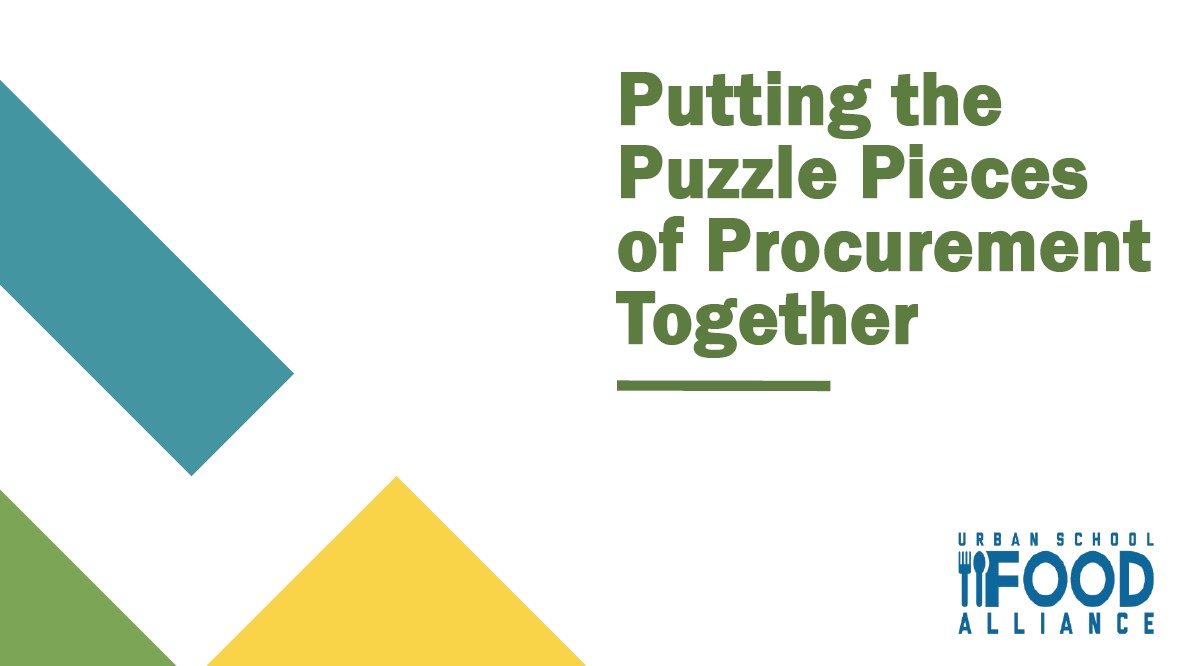
Join the Conversation
The latest news and headlines from Urban School Food Alliance
Urban School Food Alliance Expands with Montgomery County Public Schools, Strengthening Nationwide Push for Healthier School Meals
Jun 10, 2025
"mcps dedication to serving nutritious, appealing meals in an inclusive setting resonates deeply with our goals."...
School Business Now: Breaking the Mold in School Food Procurement
Jun 9, 2025
Stakeholders across the school nutrition landscape struggle with today’s food procurement practices because of...
Urban School Food Alliance Transforms School Meals at Third-Annual Cooking for Healthy Kids Training
May 22, 2025
School Nutrition Professionals Gain Culinary Expertise to Elevate Student Dining Nationwide Washington D.C. – May...
Urban School Food Alliance Completes Pioneering NAE Chicken Pilot, Enhancing School Nutrition Nationwide
May 14, 2025
Final digital recap available, showcasing the delivery of 955,550 pounds of No Antibiotic Ever chicken to...